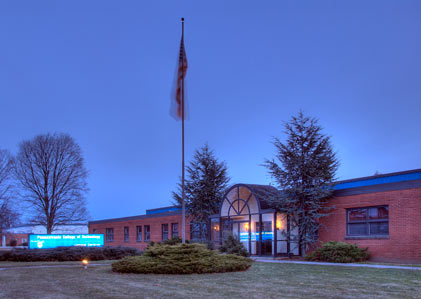The Three Most Important Questions in the HVAC Technician Interview
Sullivan and Dohoney have identified the following three questions as particularly important in the HVAC technician interview:
1. What is an area in HVAC that you feel you do well?
While it seems like a simple question, this helps an owner or hiring manager determine whether the candidate has the experience necessary to fulfill the job requirements.
HVAC may be a single acronym, but it’s remarkably wide as a field: an expert technician who does residential heating well is not necessarily the right fit for a business specializing in commercial cooling, for example. But by the same token, a new HVAC graduate with little experience with a knack for commercial cooling could be a great hire.
2. Tell me about a time you did something that did not work. What happened, and how did you go about fixing it?
How someone handles error is a defining characteristic. Something will always go wrong, and an owner or hiring manager will want to know how an HVAC technician will troubleshoot a solution and complete the task at hand.
Honesty is important throughout an HVAC interview, but it’s especially important in a question like this: those who can’t admit fault are waving a big red flag that they will be difficult to work with and lead to potential conflicts with customers later on.
3. What type of customer experience do you have?
HVAC is a complex and technical field that mixes science, technology, and formulae. But it’s also an industry of small to medium-sized businesses that are taking care of a human customer base. Customer relations and customer education are critical components of an HVAC business, and owners or hiring managers will need to be confident that a new technician can handle this side of the business, too.
“The owner or hiring manager needs to be confident that the applicant has the appropriate customer service skills to ensure all clients are treated fairly and respectfully,” Sullivan says. “The applicant should have the ability to answer technical questions in a manner that the customer can understand.”



